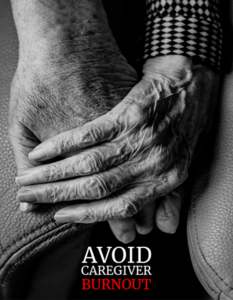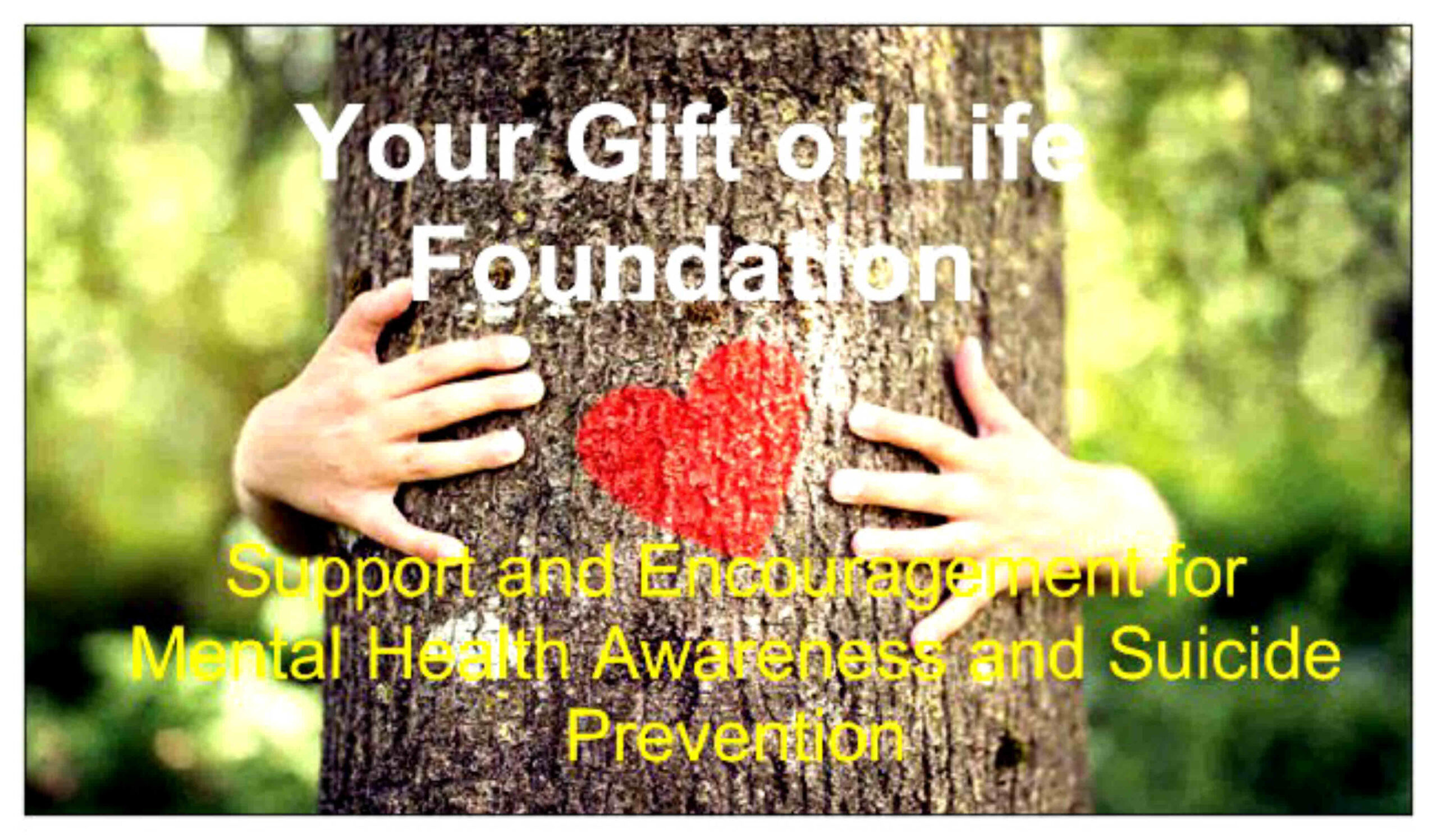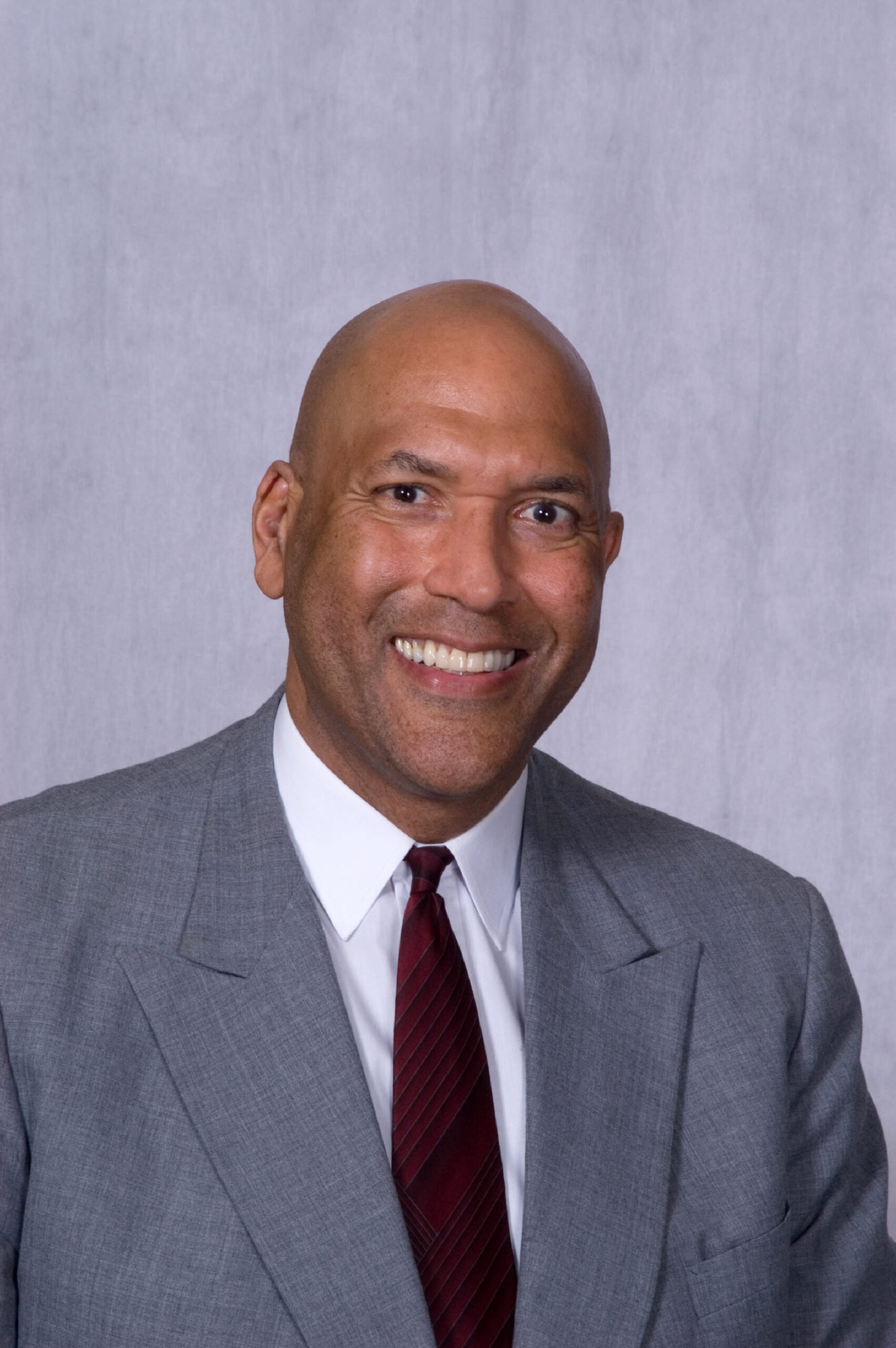UCanMakeItIfYouTry – Avoid Caregiver Burnout

If you have assumed the caretaker role for an elderly parent or disabled family member, you are part of a growing group. Being a caregiver is challenging and can bring some changes in family dynamics. If you are not proactive, you may find yourself suffering from burnout. Use these nine tips to avoid burnout as a caregiver.
1 – Gather Information
When you have information, you can better handle what is coming your way. You may not be able to go to every doctor’s appointment with your loved one, but you can do some research. Look up the maladies your charge has and the side effects of any medications as a starting point.
2 – Ask Others for Help
Don’t be afraid to ask for help. If you are the primary caregiver of your ailing parent, ask siblings to step in with support. Ask your sister to stop by the store to get groceries. Have your brother sit with Mom for an afternoon. The load becomes more bearable when it is shared.
3 – Encourage Your Loved One to Help Themselves
Not all ailments render a person bedridden. Encourage your charge to handle the things they can. For example, they might be able to do light housekeeping or cook simple meals. This empowers them to keep moving forward and alleviates some of your burdens.
4 – Take Breaks from Caregiving
Your duties are demanding. To be the best caregiver, you should take breaks once in a while. Go out to lunch with a friend or take a long nap. Look for ways to give yourself a break from everything you are doing and to recharge.
5 – Take Care of Your Health
It is easy to support a family member at the cost of your health. Instead, stay up on medical and dental appointments, eat healthily, exercise, and get plenty of sleep. These steps will aid you in combating stress and fatigue.
6 – Be Aware of the Signs of Burnout
There are some clear signs that you are heading to caregiver burnout. For example, you lack energy, get angry or agitated easily, or experience mood swings, including feelings of hopelessness. Knowing the signs gives you a step up in getting the relief you need early.
7 – Be Realistic About What You Can Handle
You may think you can handle everything, going to the store, taking Dad to the doctor, holding down a job, and keeping up with your kids and partner. The truth is you cannot. It is wise to take a realistic view of what you can handle and seek help for what you cannot.
8 – Find a Support Group
Your friends may not understand what you are dealing with if they have never been a caregiver. Support groups offer a safe place to express concerns and frustrations.
9 – Don’t Take Things Personally
The best thing you can do for both parties is to learn not to take things personally. The one you care for may frustrate you with their words. For example, a Dementia patient may have a hurtful outburst. Be a duck, and let those nasty comments roll off your back.
FAST-ACTION STEPS
1 – Grab a notebook or binder to gather information regarding the care of your loved one. The information can include likes, dislikes, and medication schedules, among other things. Have it handy for those helping you.
2 – Make a list of responsibilities and determine which can be delegated to others. When you ask family and friends to help, you will have a list to pull from.
3 – Schedule “Me-Time” in your calendar and make arrangements to keep the appointment with yourself. You will be a better caregiver when you are a little ‘selfish.’

- About the Author
- Latest Posts
James Donaldson
Former Owner and Director of The Donaldson Clinic (an outpatient physical therapy clinic)
James completed a 20 year professional basketball career in the spring of 2000. James established The Donaldson Clinic in (January 1990 – 2018) (shortly after a career threatening knee injury) with an idea that he would eventually become a physical therapist. He is a strong advocate for Women & Minority owned businesses and is very involved with various Chambers of Commerce. He understands what it takes to sustain a strong business environment that is conducive to the success of businesses overall.
James is a Washington State University graduate (’79). After an outstanding basketball career with WSU, he went on to play professional basketball in the N.B.A. with the Seattle Supersonics, San Diego/L.A. Clippers, Dallas Mavericks, New York Knicks and Utah Jazz. He also played for several in Spain, Italy and Greece of the European Leagues plus toured with The Harlem Globetrotters to wrap up his career. James was an N.B.A. All-Star in 1988 while playing center for the Dallas Mavericks. In 2006, James was inducted into the Pac – 10 Sports Hall of Fame and also the Washington State University Athletic Hall of Fame.
He now devotes the majority of his time to various community activities, and toward the Gift of Life Foundation, speaking on mental health awareness and suicide prevention. James frequently conducts speaking engagements (motivational, inspirational, educational) for organizations, schools, youth groups and is the author of the published “Standing Above the Crowd” of which you can learn more about at www.standingabovethecrowd.com and is available for sale now.
In 2021, James published Celebrating Your Gift of Life: From the Verge of Suicide to a Life of Purpose and Joy. www.celebratingyourgiftoflife.com
James is a 40+ year resident of Seattle. He believes in being a role model of success and professionalism for the scores of young people that he devotes so much of his time to. He currently serves on several Boards and/or committees and is a member of many organizations. (Please see complete listing on back)
James believes in developing relationships that create a “Win – Win” environment for everyone involved, and being the best he can be!

